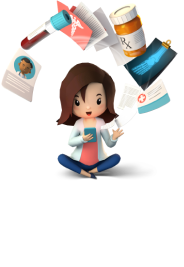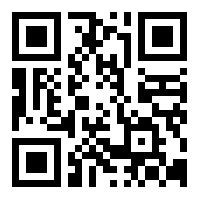Q&A Session with a Pharmacist: Why Patients Are Repeatedly Asked, “What Medications Are You Taking?”
- Healthcare Providers, Parents

Share
Facebook
Twitter
LinkedIn
Email



